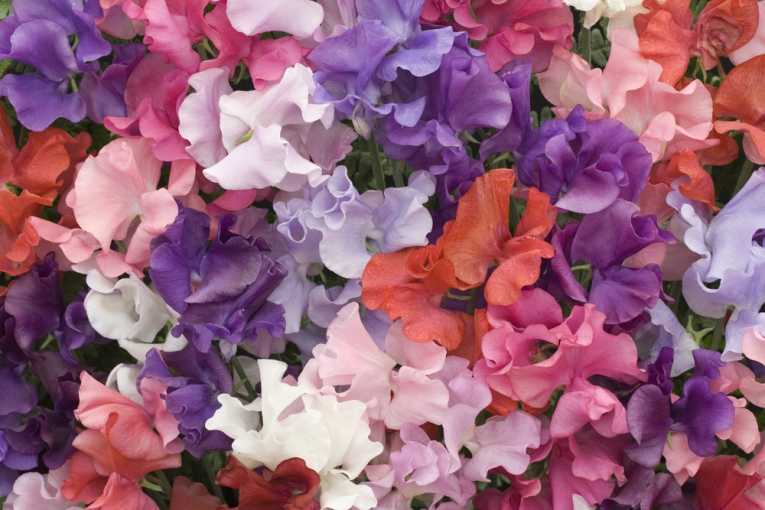The Hampton Court, Chelsea and several other shows comprise a British extravaganza equal to most Olympian or Jubilee events. Every year, they have ploughed a flabbergastingly big furrow, so to speak, in the horticultural world.
TV loves them, Lovies from the theatre and the Arts speak to them and speakers like Bill Oddie (You know the Goodies? - and Springwatch too of course) tell them birdie secrets about their gardens.
I detect a change this year, though. There seems to be an "Ecover sponsored air" of environment and landscape, not least in the gardens of urban oases from Chris Beardshaw and several others. Here is a video explaining Chris's modus operandi.

Bill Oddie's not a "Lovie". He's a Goody; Credit: © Dave Armstrong
The wildlife haven that Thierry Suzanne created in his small garden was also awarded one of the six prizes in the Wildlife Trust's Big Wildlife Garden competition. Wildlife Trusts had a large part in the play that is Hampton Court.
The Wildlife and Wetlands Trust spoke to me about dedicated conservation, such as Peter Scott's Slimbridge. But this is at places like Martin Mere and Washington (Yes, the world-renowned Nissan factory).
They are the antithesis of Slimbridge in some ways and yet they strive for exactly the same success with creatures that are losers. That is in the sense that they are losing their birthright and their niche. They have almost lost all of their available wetland habitat, not just in the UK, but worldwide.
Breweries are always worth inviting to a show. The Badger Ales beer garden was not unexpected. Hops were optional. Verbascum and Angelica, maples and foxglove of course provided the beauty. Thanks to Badger's for the pint. Was it "Hopping Hare," or "Fursty Ferret".. "Poacher's Choice", probably, more appealing to my personal passions. Beer gardens of course have always contributed to the fertilisation of British gardens - hic!

Michael Caine at an RHS show - one of the "Lovies" we all love - Michael Caine image; Credit: © Shutterstock
The RHS (Royal Horticultural Society) provide Chelsea, Hampton Court, etc. with a charitable mish-mash of gardening bling. The organisation are very strong on science, very organised on these events and have many gardens for people to view throughout the year apart from their own four majestic plots.
That is what makes them superlative for ecology. With networking people like these, the wildlife networks needed in a highly urbanised community can also be spread. Long live the hedgehog and the common blue. We need parks and gardens to enable the spread of the word and the ideas.
Plant hunting was another gardening spree that became obsessive. Then again, these people brought good things (and bad) into each country. Gardeners would dispute that they need plants from South Africa and the Himalaya. Certainly conservation comes from the methods gardening have adopted for maintaining genetic stocks (in nearby Kew Gardens).
Without gardens, I shudder to think what would have happened to plant species, if they had been treated like animals. Shot and stuffed was hardly a useful or suitable occupation for the rich and privileged even in their day. I spoke to a lovely lady on Plant Heritage.
She explained that Harry Veitch was feted at this year's show because of his foundation of the Chelsea International Exhibition. 1840-1924 were his dates. Plant hunters like him brought back some species which are extinct nowadays. The Veitches and their ilk brought Echinops from the Mediterranean, exotics from Australia, Africa and South America and Ceanothus (from California, I believe).

A thorn among roses. The brightest orange there is-"Wildfire"; Credit: © Dave Armstrong
The gardeners' highlight at Hampton Court was the celebration of the Rose Pavilion. Lectures and displays on tap. I can guess what Bill Oddie would say about such a celebration of a non-insect feeding flower (except for the single flowers).
With a last glance at the supposedly blue roses, I decided to go for the orange, "Wildfire." They conserved the ideal Australian habitats for millions of years (until we came along). I'm so sorry that we can't maintain stability in such a magnificent way. Homes and people are destroyed now in the unnatural blazes that people seem to start themselves!










